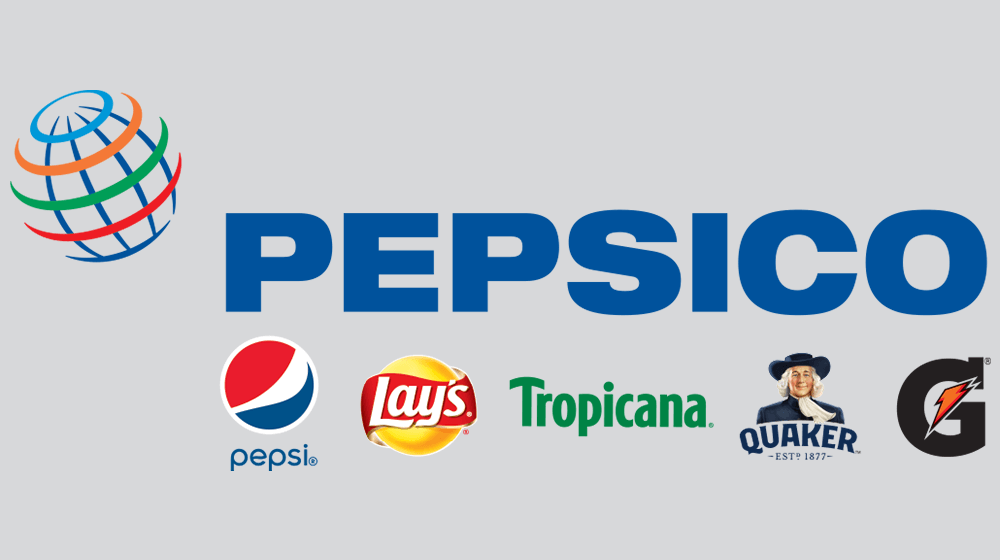Brief:
- AT&T is aiming to sell its Xandr digital marketing service as the telecoms huge scales back its effort to construct a data-driven sales platform for tv. The strategies are in an early phase and may not cause a sale, The Wall Street Journal reported, citing individuals knowledgeable about the matter.
- AT&T released Xandr in 2018 to compete with digital advertising giants like Google and eventually expand into programmatic ad sales for linked TELEVISION (CTV) as homes moved their viewing practices to streaming services. The launch followed the $ 1.6 billion acquisition of digital ad market AppNexus, whose operations were a core part of Xandr.
- The reported discussions about selling Xandr come as the telecom business seeks to cut debt after years of smash hit acquisitions that included its $85 billion takeovers of Time Warner. AT&T also remains in discussions with private-equity firms about offering its DirecTV satellite TV service, per a different report by The Wall Street Journal.
Insight:
AT&T’s reported plans to offer Xandr mark a reversal of its effort to help online marketers reach the target market on media channels like CNN, TNT, and Animation Network utilizing customer data from sources such as AT&T Wireless. Much of Xandr was constructed on AppNexus’ online advertisement exchange, whose demand-side platform (DSP) for online marketers last year was rebranded as Xandr Invest, while its sell-side platform (SSP) for material suppliers was later renamed as Xandr Monetize. Xandr also began an over-the-top (OTT) market called Community to assist advertisers to reach the growing audience for streaming media in a brand-safe environment.
It’s prematurely to inform whether a sale of Xandr will significantly affect online marketers’ ability to purchase digital advertising on countless sites and the growing number of marketing video on demand (AVOD) services that reach CTV families. One of Xandr’s crucial selling points has been its access to AT&T’s information on 170 million direct-to-consumer (DTC) relationships with customers, helping marketers with their audience-based targeting. If Xandr is offered, it might certify the AT&T information for ad targeting and offer continuous service to marketers, but it would lose an essential competitive benefit. Xandr likewise could continue to sell advertisement inventory on WarnerMedia’s different media residential or commercial properties, however might lose some exclusivity.
For AT&T, the possible sale of Xandr indicates that its sweeping plans to build a digital marketing service didn’t fulfill expectations. Xandr didn’t create the high revenue growth that AT&T had expected to attain, and had a problem with technical glitches, The Wall Street Journal reported. It also dealt with obstructions in getting to video inventory from rival media businesses that viewed AT&T’s WarnerMedia division as a rival.
Nevertheless, Xandr in March announced it would begin offering direct TV ad positionings on AMC Networks, Disney, and WarnerMedia networks. Xandr’s profits fell 25% to $362 million in Q2 from a year earlier as the coronavirus pandemic dampened demand for advertising, per AT&T’s quarterly income statement.
















